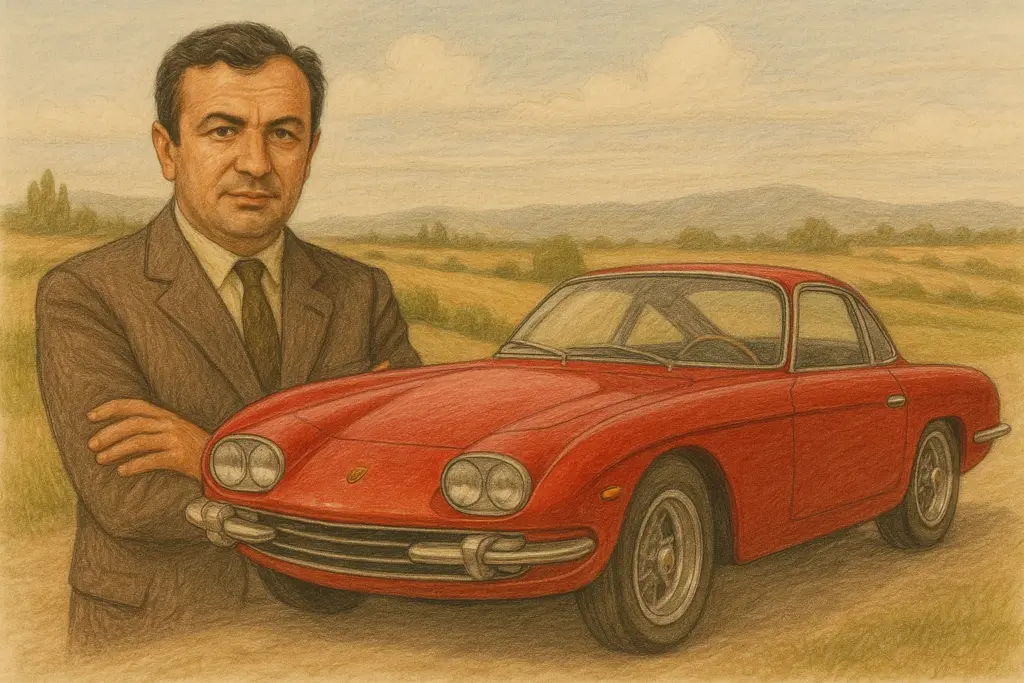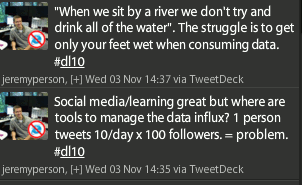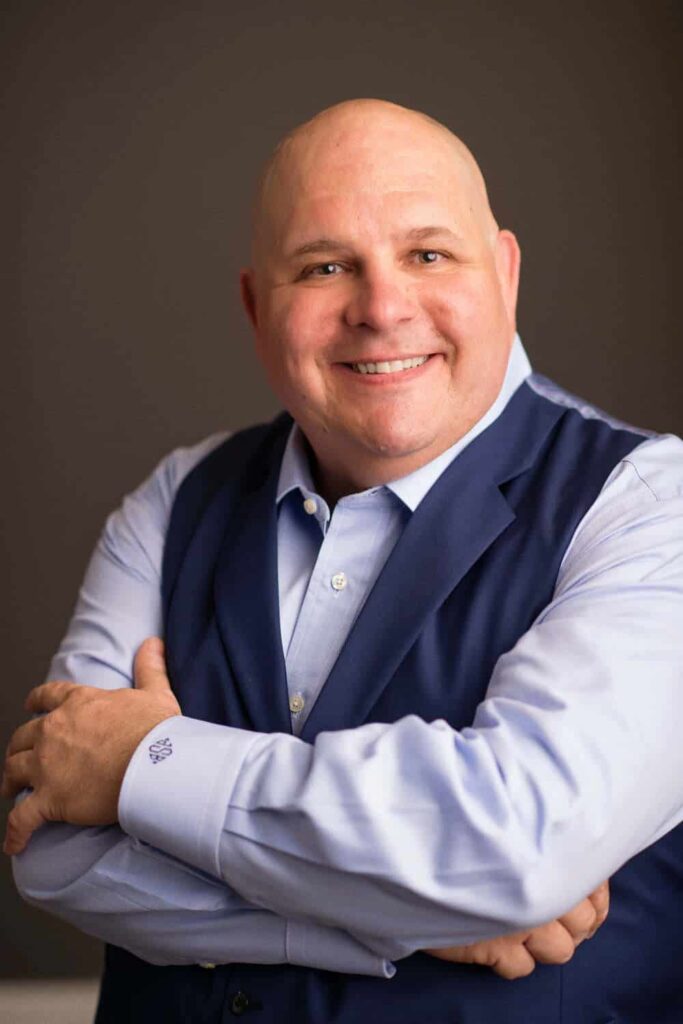Comparing Revenue Per Employee Across Major Companies Yes, I'm a data geek and I crunch company operating results for fun. Check this out... Wolframalpha is a public data search engine which allows for lots of complex data analysis. The data below is how much revenue each publicly traded company generates when it is divided by the total number of employees it has (per year). I work in the retail sector, so I first looked at...
Category: Business
When Feedback Creates Competition
The Legendary Meeting Between Ferruccio Lamborghini and Enzo Ferrari Ferruccio Lamborghini, founder of the iconic luxury sports car brand I love my lunchtime chats with coworkers, and I know they are anything but typical. We get into some interesting subjects, and I always seem to take away at least one thing every lunch hour. Somehow the topic of Ferrari's came up a few months ago and after doing some fact checking I found what they...
Today’s Raging River Of Information
At today's Dev Learn 10 in San Francisco, I attended a seminar where a woman at the back of the room said “social media is great and all, but I am overwhelmed with the influx of information all around me.” I liked what another person said which was that just because there is lots of data in the world, it doesn't mean you have to consume everything available to you. The 3-4 minute discussion gave...
Nordstrom Company Culture
A Culture of Service in 75 Words For many years, new employees were given a copy of the famous Nordstrom's Employee Handbook – a single 5-by-8-inch (130 × 200 mm) gray card containing 75 words: However, new hire orientations now provide the card above along with a full handbook of other more specific rules and legal regulations, as the way Nordstrom operates has changed. During this time, Nordstrom had the highest sales per square foot...
John Spence Fall Conference Keynote
CMMA's fall conference keynote presentation was from John Spence. At the age of just 26, John was named CEO of an international Rockefeller foundation, overseeing projects in 20 countries and reporting directly to the Chairman of the Board, Winthrop P. Rockefeller III. Two years later, John was nominated as one of the top CEOs under the age of 40 in Florida and Inc. Magazine’s “Zinc Online” recognized him as one of America’s up-and-coming young business...
John Nese Soda Pop Shop Inverview

Galco's Soda Pop Stop A Sweet Journey Through America's Most Unique Beverage Shop Highlights from the Interview Regional Varieties The United States once had thousands of local soda brands, many with distinctive regional flavors reflecting local tastes and ingredients. Glass Bottles Glass bottles preserve flavor better than plastic or aluminum and are often preferred by craft soda makers for quality and environmental reasons. Business Lessons from Galco's Your Thoughts? Have you ever visited a specialty...




